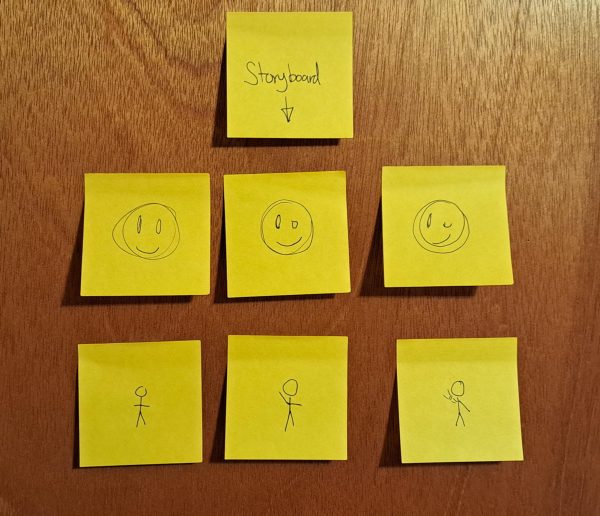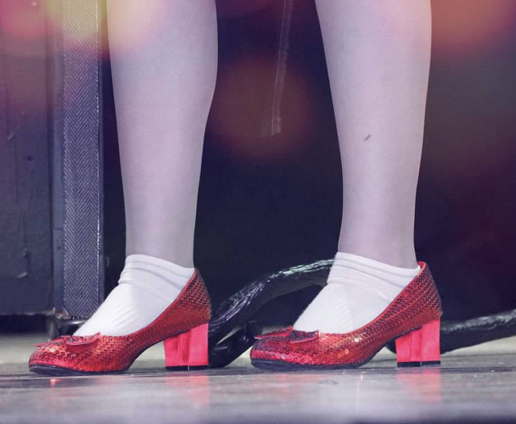Surviving the comeback
GNA CAMPUS- You started playing sports when you were five years old and you have trained to become the best you can be. One day you are playing your favorite sport and then suddenly you hear a “popping noise.” Your heart sinks and you know it’s not good. You ask yourself, “What do I do when the one thing I poured my heart and soul into gets taken away”? You make a comeback. That’s what everyone says, but they never tell you how hard it will be.
From the pros to pee-wee sports, there are always injuries. In the United States, there are about 8 million teens playing high school sports. During a study from the University of Colorado Denver in 2015, researchers found that in 240 schools 9,273 injuries were reported in 22 sports. Football was at the top of the list with about 4 injuries for every 1,000 athletes. Following that was girls soccer, boys wrestling, girls basketball, and boys basketball. These sports had about 2 injuries for every 1,000 athletes. When you look at the statistics it’s hard not to wonder what truly happens when an athlete gets injured. Well, here are some tips to make the comeback a little easier.
Firstly, know that it’s okay to be sad or mad about your injury sometimes. You lost a big part of your life, and missing your sport is to be expected. The first step to healing and recovering is allowing yourself to accept your new reality. You have to realize that you lost the thing your world revolves around, but with time, you will heal and become stronger.
As athletes, you are used to setting goals for yourselves. During your recovery, you should set new goals. You should keep it realistic; it may be to just take one more step then you did the day before. Try to make short term and long term goals, and always remember to celebrate once you complete one. If one of your goals gets derailed due do a complication keep in mind being flexible because not everything will go perfectly.
Although it can be very hard to maintain a positive attitude, it is also one of the most important things you can do. Your outlook can make you miserable during your recovery or it can make you more determined than you have ever been. Use your situation to learn other things about yourself that don’t revolve around your sport. Try something else that makes you happy until you can get back to your sport.
Staying involved in your sport can also help a lot. Although, it may be hard to watch others do the one thing you would give anything to do at that moment just know you will get there. You may not be able to do much physically, but you should try to do as much as possible. Even if it is just watching, it will help to know what your team was doing while you were gone.
Reaching out to your friends, family, and teammates is very important. Some of your teammates or friends know what you are going through because they have gone through the same thing. Isolating yourself is one of the worst things you can do during your recovery. Talking to the people around you that care will help you cope with your injury.
Finally, the most important piece of information to keep in mind through your recovery is that it takes time. You are going to get frustrated and it won’t be easy, but trust yourself. You know yourself the best and you know when you need a break. It will take time, but don’t try to rush it. You will get back to the athlete you were before.












